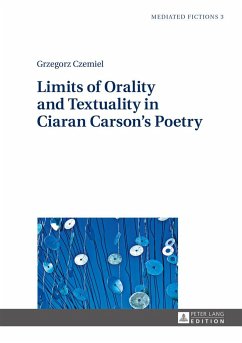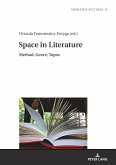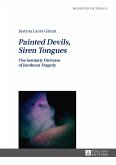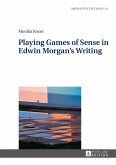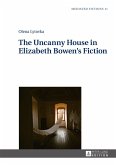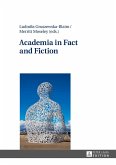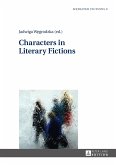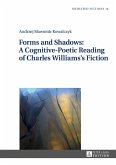Following the evolution of Ciaran Carson's work, this book aims to trace the tension between orality and textuality, which can be discerned in the poetry of the Northern-Irish writer. Assuming these forces to be the two major sources of all literature, the author delineates, using deconstruction, how they inform and structure Carson's poetic oeuvre. Further thematic analyses focus on three major themes: memory, city and history, adopting various critical approaches, among them New Historicism and psychoanalysis. Finally, taking cue from Carson's later work, an epistemological and metaphysical dimension of his poetry is revealed. This serves as the final vantage point from which the author offers a potential glimpse beyond the said dialectic, unveiling Carson's broadly ethical project.
«I consider this study to be an erudite, sensitive and insightful reading of Ciaran Carson's poetry.» (Malgorzata Grzegorzewska, University of Warsaw)
«With his pioneering, up-to-date study, founded in a variety of theoretical sources, Grzegorz Czemiel establishes himself as an acute literary scholar, displaying creative temperament and intellectual inquisitiveness, well-versed in the most important currents of today's humanities, and offering us often ingenious and thoughtful interpretations of modern literary texts.» (Jerzy Jarniewicz, University of Lódz)
«With his pioneering, up-to-date study, founded in a variety of theoretical sources, Grzegorz Czemiel establishes himself as an acute literary scholar, displaying creative temperament and intellectual inquisitiveness, well-versed in the most important currents of today's humanities, and offering us often ingenious and thoughtful interpretations of modern literary texts.» (Jerzy Jarniewicz, University of Lódz)

